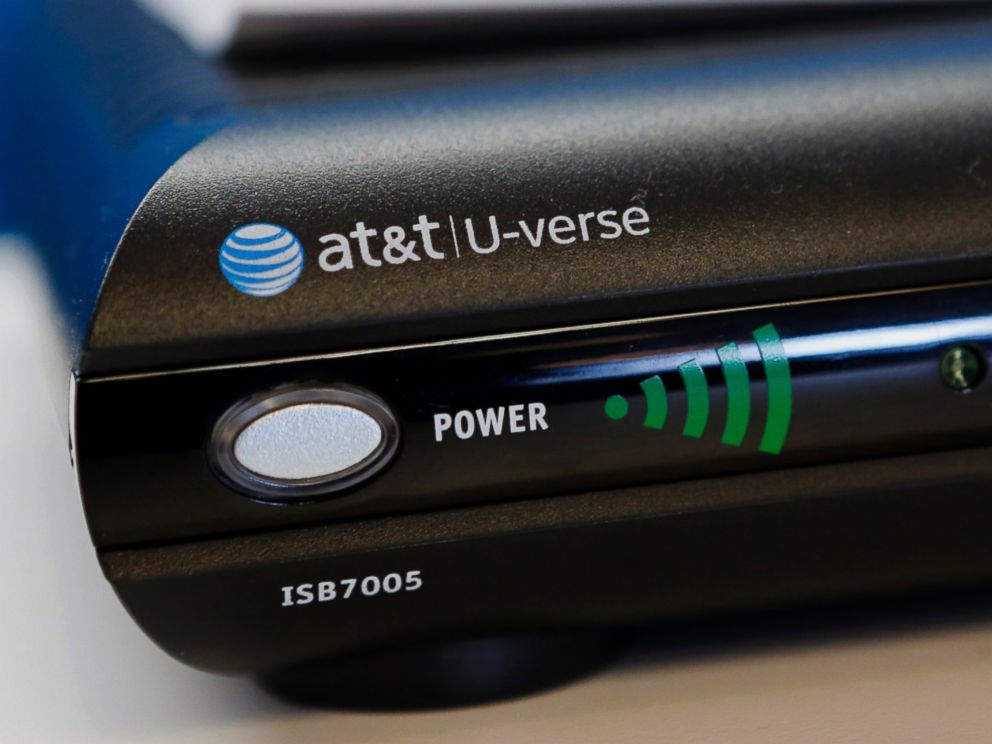Why Some Internet Users Are Paying a Fee for More Privacy
Source: SUSANNA KIM

An undated stock image shows a man and a child using a home computer.
Getty Images
Would you pay an extra fee for more Internet privacy? AT&T's high-speed fiber-optic service U-Verse has offered that option to customers since the launch of its GigaPower product. But is it worth it?
Here's how this privacy option works: On top of the $70 a month customers pay, you can opt into AT&T Internet Preferences to select a "premier offer" for an extra $29 a month. Then those customers will receive what AT&T calls individually tailored advertising. In other words, customers who don't choose AT&T's ad-supported model pay an extra $29.
First introduced in 2013 in Austin, Texas, the company announced this week that the 1-gigabit-per-second service is available in Kansas City, Missouri. The AT&T GigaPower network is also available to customers in Dallas, Fort Worth, Raleigh-Durham and Winston-Salem, North Carolina. The company has announced plans to expand to 11 additional markets, including Atlanta, Chicago, Miami and Cupertino, California.

PHOTO: An AT&T Inc. U-verse TV system is displayed for sale at a store in Manhattan Beach, Calif. on July 22, 2013.
Its new service uses search terms entered, Web pages visited and links clicked to help advertisers target ads on websites and email messages, the Wall Street Journal reported, and the tracking will stay in place even if you clear cookies or use an ad-blocking program. Whether you opt in or not, AT&T says in its privacy policy that it may continue to collect Web browsing information for "limited" purposes, such as AT&T advertising and offers.
Since AT&T offered the GigaPower service more than a year ago, the "vast majority" have opted for the ad-supported model, AT&T spokeswoman Gretchen Schultz told ABC News.
"We offer our customers some of the fastest Internet speeds available and do so in a way that ensures they have a clear choice," she said.
While AT&T's option to customers is rare among large tech companies, Adam Levin, founder of Identity Theft 911, said he prefers firms offer more privacy in general. His company specializes in online privacy, including identity theft recovery services.
"Privacy should be the default setting, not the premium setting," Levin said. "What's next, will we be charged for the air we breathe?"
There may be other alternatives for the privacy-conscious, such as a VPN (or, virtual private network) that can cost about $40 a year.
"A VPN isn't a cure-all -- it's good for security, but not necessarily privacy," Levin said. "If you're sending all of your traffic through a VPN, there's is nothing to stop the VPN service from also monitoring or storing your information."
These services may offer one layer of protection when using public networks, such as the Wi-Fi network in a Starbucks.
"Some services out there have good track records for privacy protection, but you need to do your homework and vet any VPN company thoroughly before you trust them with your data," Levin said.
| }
|